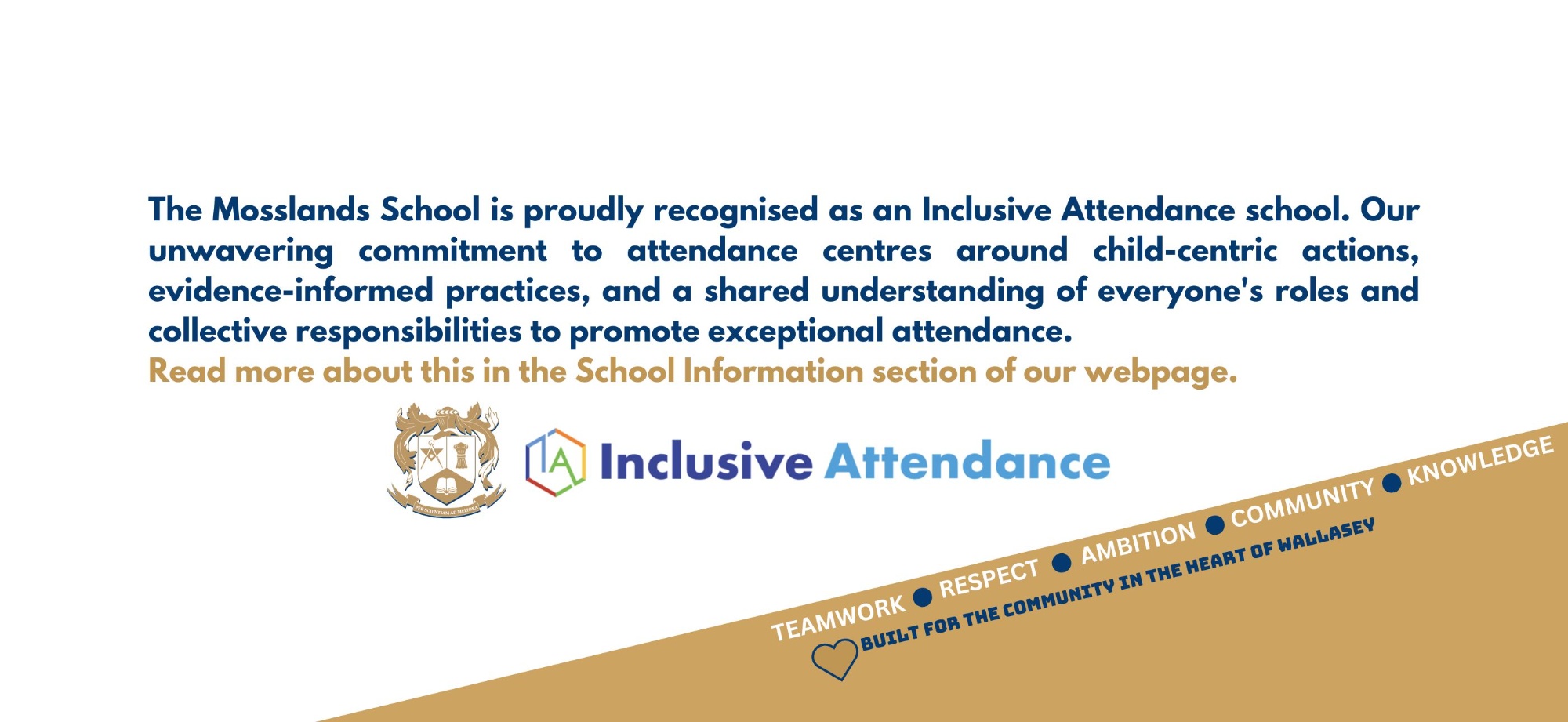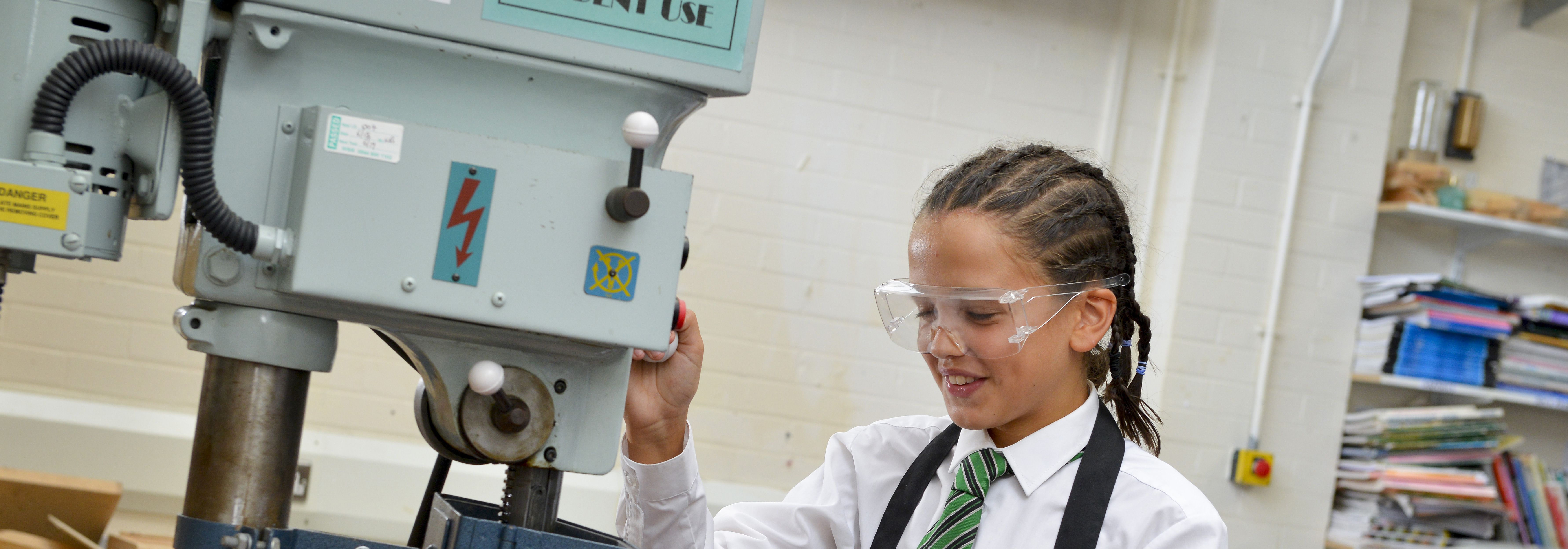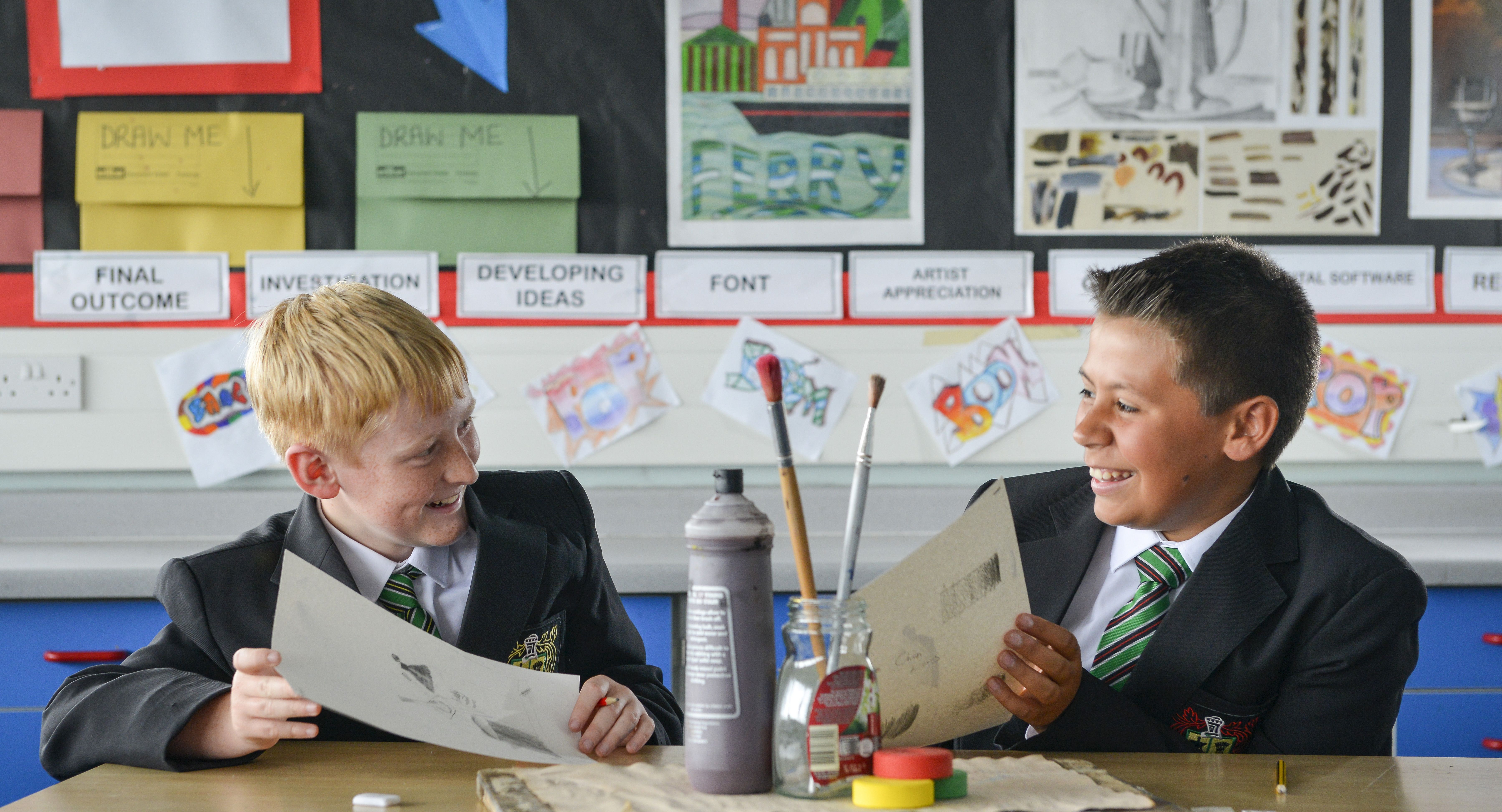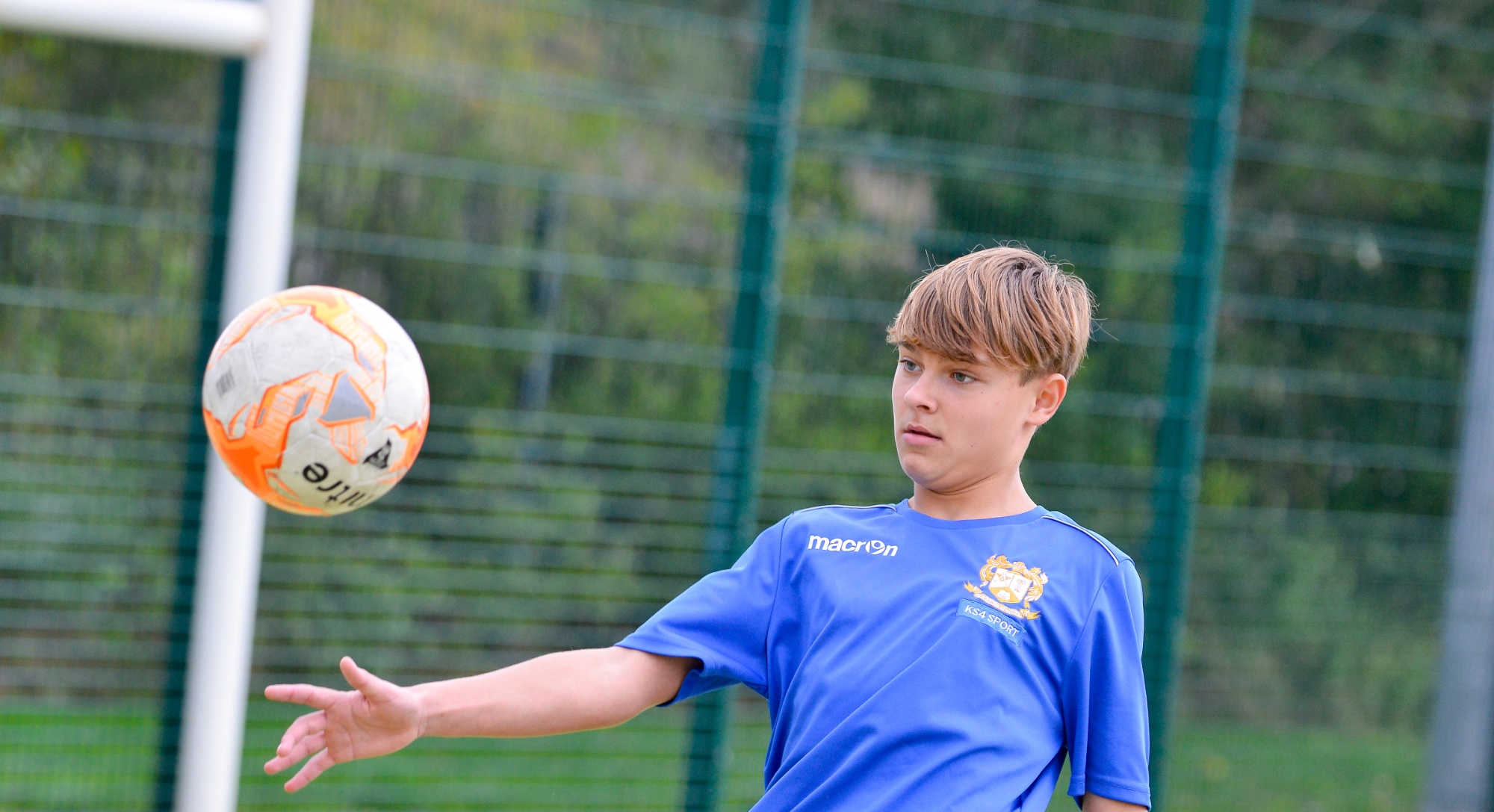Type & Frequency of Feedback
|
Key Stage 3
|
Verbal feedback is recognised as having the greatest impact on student progress and will be at the core of our everyday teaching in Science at all key stages.
Key Assessed Tasks/Assessment Progress Documents. These documents are designed to assess a range of substantive and disciplinary knowledge.
Teacher feedback on tests/exams. In all key stages, students will be provided with detailed feedback on formal tests, end of year exams and mock exams. This feedback could take many forms, including (but not limited to):
The EOUT take place once per unit as set out by the curriculum schedule – At least one for each specialism in each term Self-feedback: students are asked to intrinsically reflect on their performance on a lesson-to-lesson basis. Following a degree of self-reflection students have the opportunity to act upon their self-feedback and amend their skill acquisition or strategic approach. This includes weekly homework where Carousel will demonstrate the areas for improvement. |
|
Key Stage 4
|
Verbal feedback is recognised as having the greatest impact on student progress and will be at the core of our everyday teaching in Science at all key stages.
Key Assessed Tasks/Assessment Progress Documents. These documents are designed to assess a range of substantive and disciplinary knowledge. Staff provide detailed feedback using flash feedback and whole class feedback sheets. Pupils use the feedback sheets and any further verbal in class feedback to redraft their answers. This process will be further tested in the next assignment of the key idea. The documents should document progress over time. This will occur once in every unit. Teacher feedback on tests/exams. In all key stages, students will be provided with detailed feedback on formal tests, end of year exams and mock exams. This feedback could take many forms, including (but not limited to):
The EOUT take place once per unit as set out by the curriculum schedule – At least one for each specialism in each term Self-feedback: students are asked to intrinsically reflect on their performance on a lesson-to-lesson basis. Following a degree of self-reflection students have the opportunity to act upon their self-feedback and amend their skill acquisition or strategic approach. This includes weekly homework where Carousel will demonstrate the areas for improvement. |
|
Key Stage 5
|
Verbal feedback is recognised as having the greatest impact on student progress and will be at the core of our everyday teaching in Science at all key stages.
In lesson Feedback students will receive feedback on short activities/tasks/quizzes/their Extended Learning (homework) frequently from lesson to lesson. Frequent use will be made of self- or peer- marking as an efficient method of students receiving immediate feedback and improving their work/knowledge/understanding. Teacher feedback on tests/exams. In all key stages, students will be provided with detailed feedback on formal tests, end of year exams and mock exams. This feedback could take many forms, including (but not limited to):
The EOUT take place once per unit as set out by the curriculum schedule – At least one for each specialism in each term Self-feedback: students are asked to intrinsically reflect on their performance on a lesson-to-lesson basis. Following a degree of self-reflection students have the opportunity to act upon their self-feedback and amend their skill acquisition or strategic approach. This includes weekly homework where Carousel will demonstrate the areas for improvement. |











